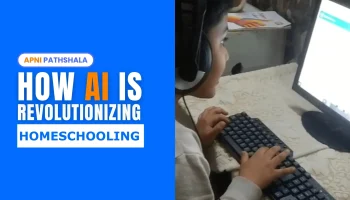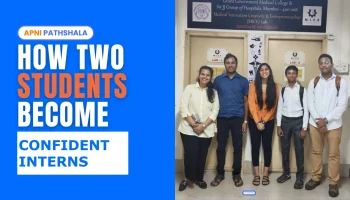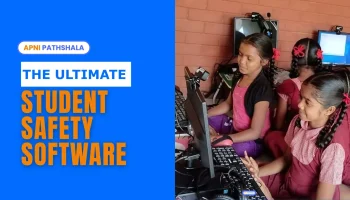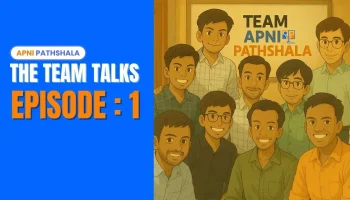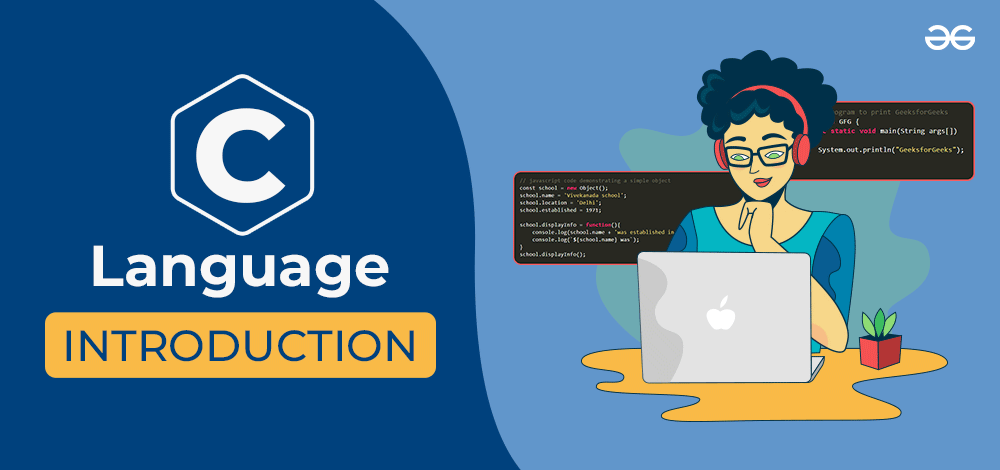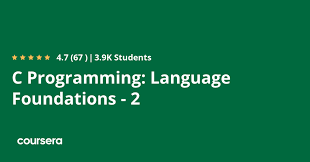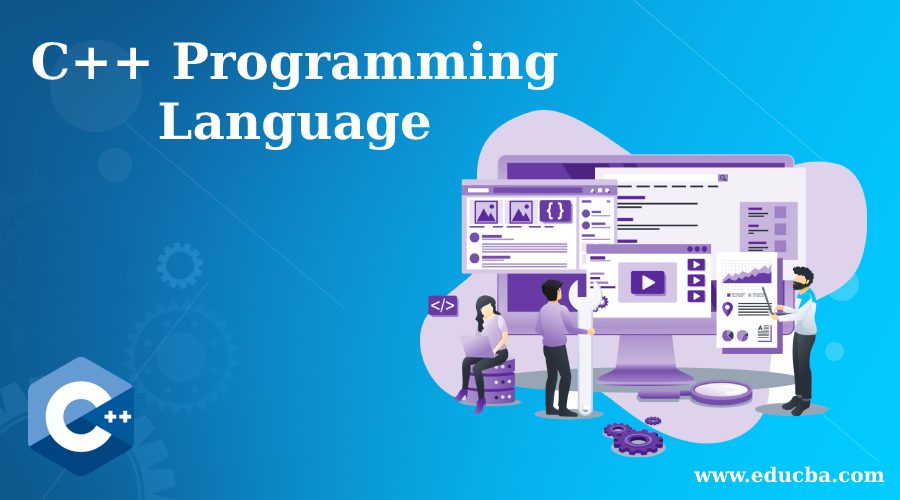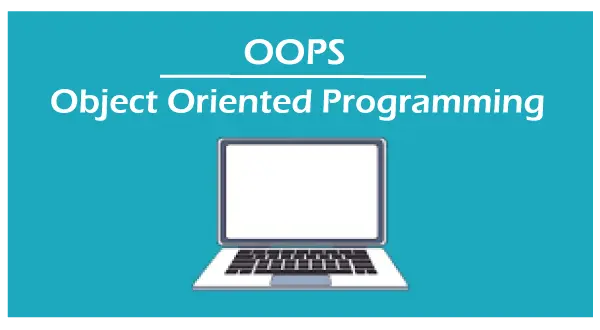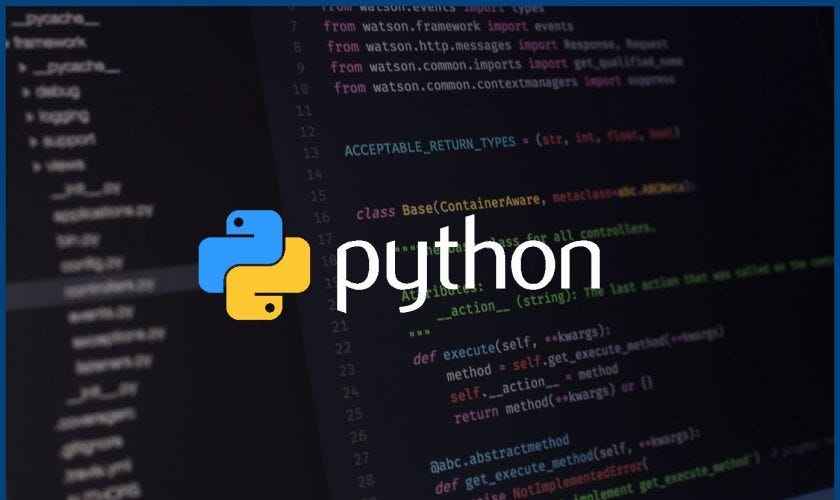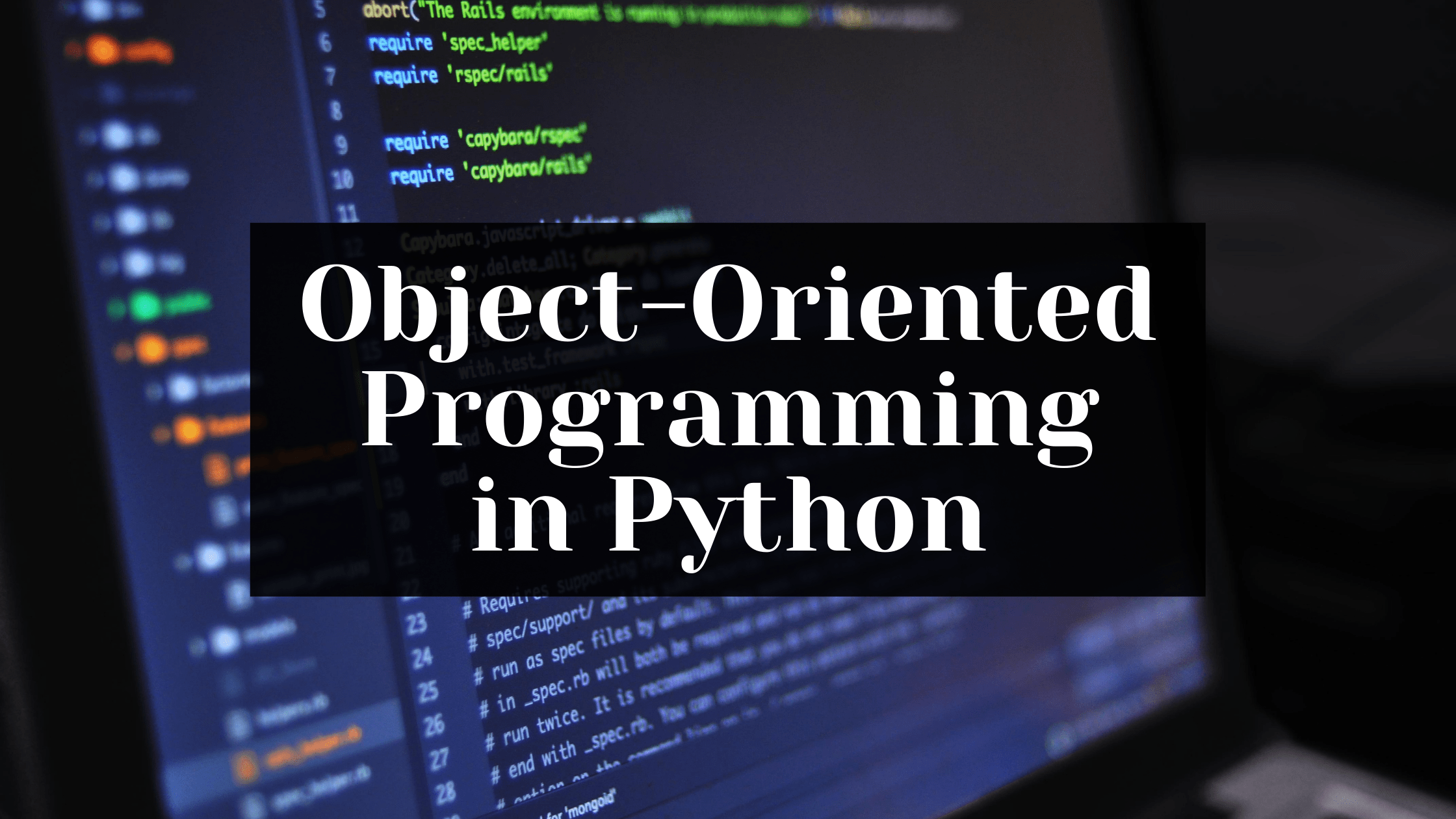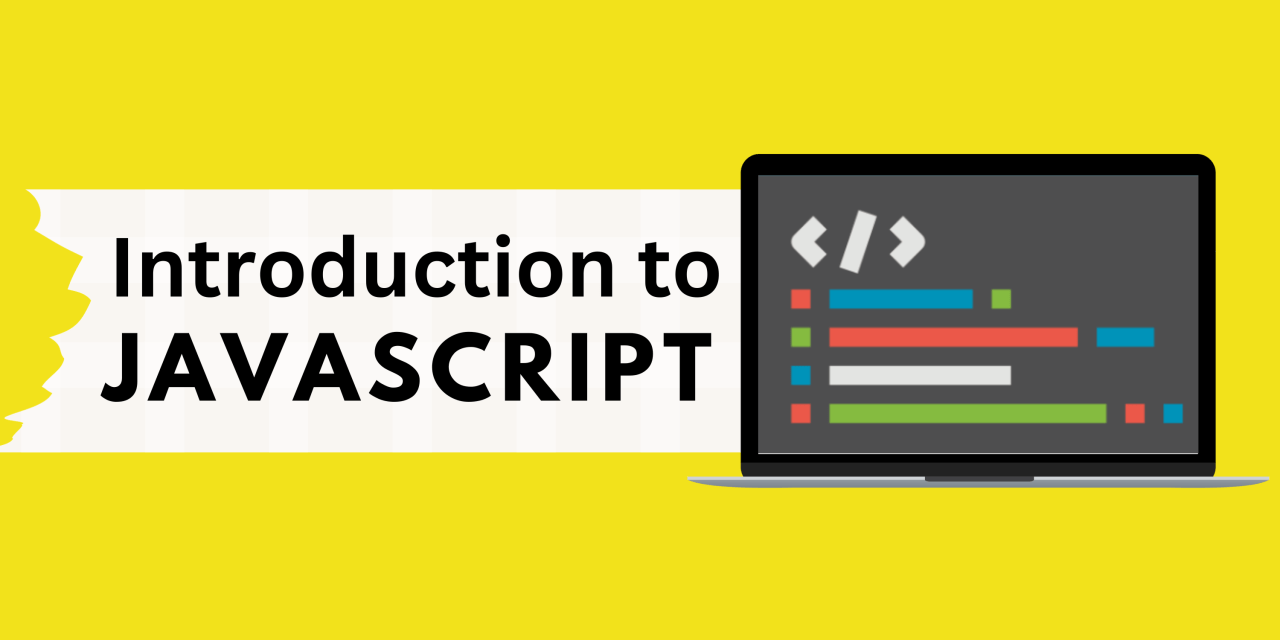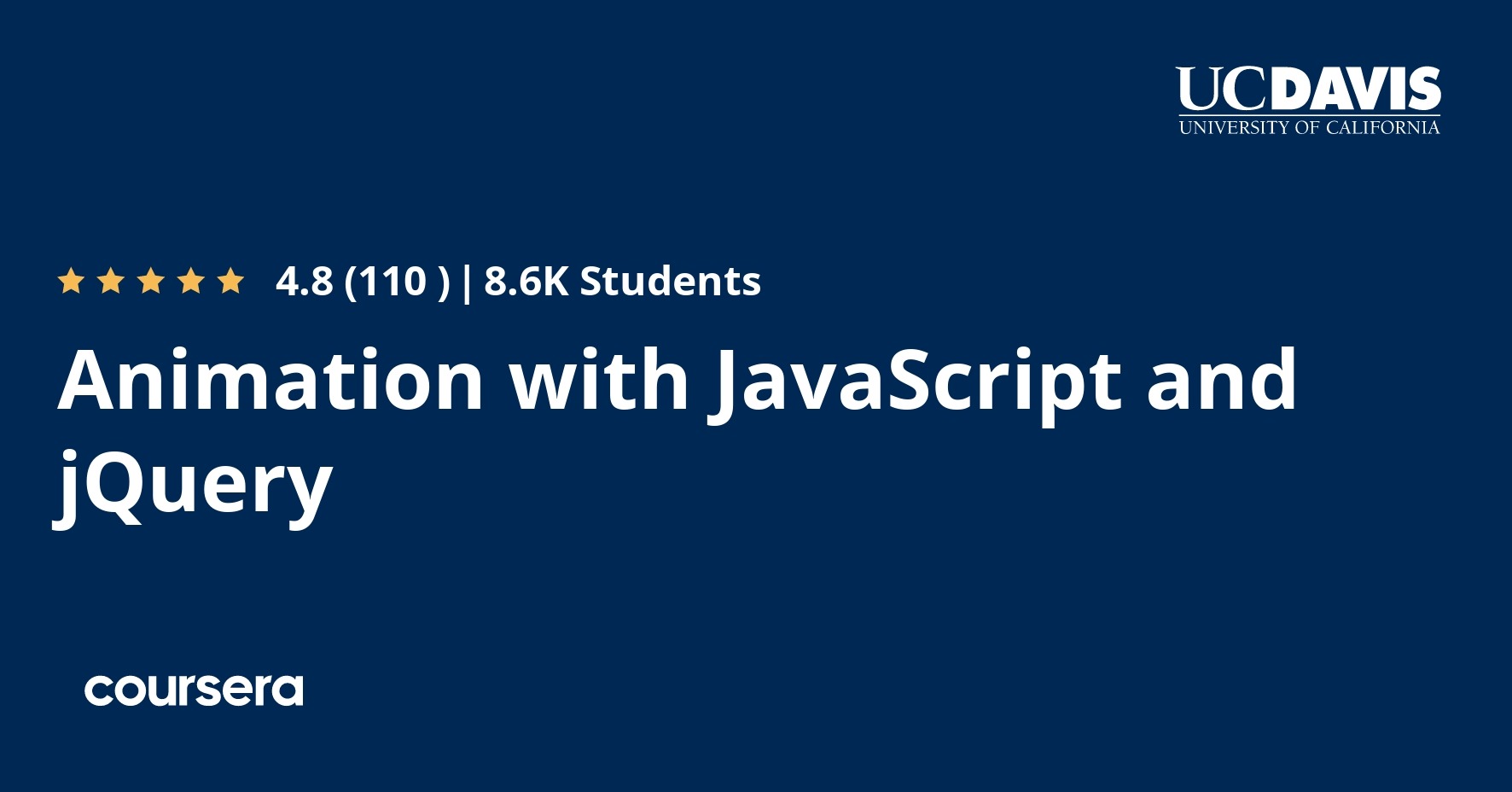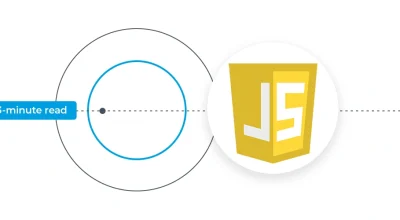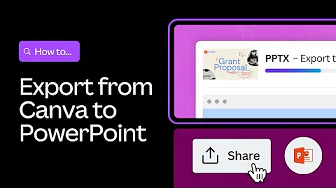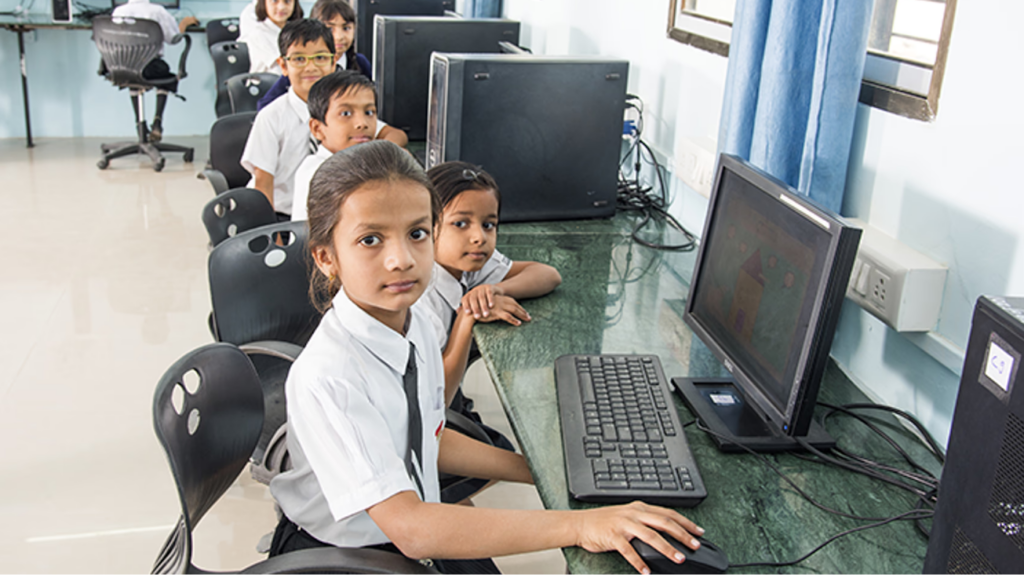Introduction
India has one NGO for every 400 people. Only a small fraction truly survives. Over 20,700 NGOs have lost their FCRA licenses and have never been renewed. As of July 2025, only 16,204 NGOs remain active with FCRA registration (source).
These cancellations aren’t just about technical paperwork.
They reflect deeper issues: a crisis of trust, structure, and accountability.
Even the most well-meaning NGOs lose support not because they don’t care, but because they don’t show impact, lack basic systems, or ignore community connections. We’ve seen this firsthand at Apni Pathshala. We’ve worked with over 100 Organizations and currently support 80+ active PODs.
But not all partnerships last. When NGOs repeatedly miss reports, fail to share updates, or break trust, we pause collaboration because impact without responsibility doesn’t work.
This blog isn’t about calling anyone out. It focuses on best practices for digital classrooms.

10 Reasons Why Many NGO Classrooms Fail
1. Not Planning or Documenting Anything
Running an NGO from memory or scattered WhatsApp chats won’t work. Great organizations plan quarterly, document goals, assign roles, and review progress regularly.
Our PODs follow a simple 3-month Catalysis Plan. It creates alignment across teaching, outreach, and progress.
2. Skipping Legal Documents and Rules
You may be running amazing classes. However, if you cannot demonstrate clean registrations, you lose trust.
We work with NGOs that are legally registered and maintain transparent documentation. It’s the first filter of seriousness.
3. Avoiding Transparency
Donors, partners, and parents don’t want to guess; they want to see. Many NGOs fail to share their impact regularly.
Our PODs distribute Weekly Reports, Videos, and Monthly Reports. If we notice consistent inactivity, gaps, or a lack of seriousness, we may suspend PODs. Trust is built on transparency.
4. Ignoring Stakeholder Communication
Parents, students, mentors, donors, they all matter. One rude message or missed call can damage credibility.
Pro tip: Treat every stakeholder interaction as a professional responsibility, not a formality.
5. Having Zero Online Presence
“We focus on real work, not social media.” That’s a mistake. If people can’t find you, they won’t support you.
Today, even funders Google you first. That’s why we prioritize PODs that have an online presence, including a website and active social media. It’s not about likes, it’s about trust and discoverability.

6. Ignoring Your Data Management
How many students improved last month? Which classes work best? If you can’t answer, you’re just guessing.
We track student enrollment, learning hours, and course completion. It helps us support smarter and grow impact faster.
7. Not Listening to Feedback
Students often give feedback, sometimes without words, confusion, silence, or excitement. Are you watching?
We request a short video from students about their learning. It provides real feedback and demonstrates ground impact more effectively than any other form.
8. Trying to Teach Everything!
Teaching everything dilutes your core mission. The best NGOs specialize in a niche and master it, whether it’s digital skills, academic learning, or employment skills.
We help PODs teach in their own way, as long as the impact is clear. This clarity builds their identity.
9. Not Telling Your Success Stories
If your work isn’t visible, your mission stays hidden. Good stories open doors, raise funds, and build community.
We guide every POD on how to document and share success stories because every child who learns is worth celebrating. Click here👉 to know what a success story is!
10. Not Building or Joining a Community
Working alone limits your growth. Collaborating with other changemakers fuels creativity and spreads knowledge.
Our PODs from Mumbai to Manipur are connected via community groups. It’s one of our biggest strengths. You can join our community by applying to open a POD. Click here to learn more.

Conclusion
Most NGO failures aren’t because of a lack of effort. They happen because of overlooked basic planning, transparency, consistency, and communication.
We’ve learned this by building PODs with some of India’s most committed local organizations. When organizations repeatedly ignore these practices, we face a tough choice: continue supporting ineffective programs or pause partnerships to protect community trust. Your hard work became invisible without demonstrating responsibility.
We don’t just preach this, we live it.
If your NGO or classroom wants to grow with integrity, these 10 tried and tested practices are your compass.
Remembers!
The strongest classrooms aren’t run by the smartest people;
They’re run by the most prepared ones.
What’s one mistake organizations always make? Share it with us in the comments; we all learn from each other.
Want to know how to open PODs in your area
👉 Learn how to open a POD.Want to tell your story better?
👉 Read our Success Stories


